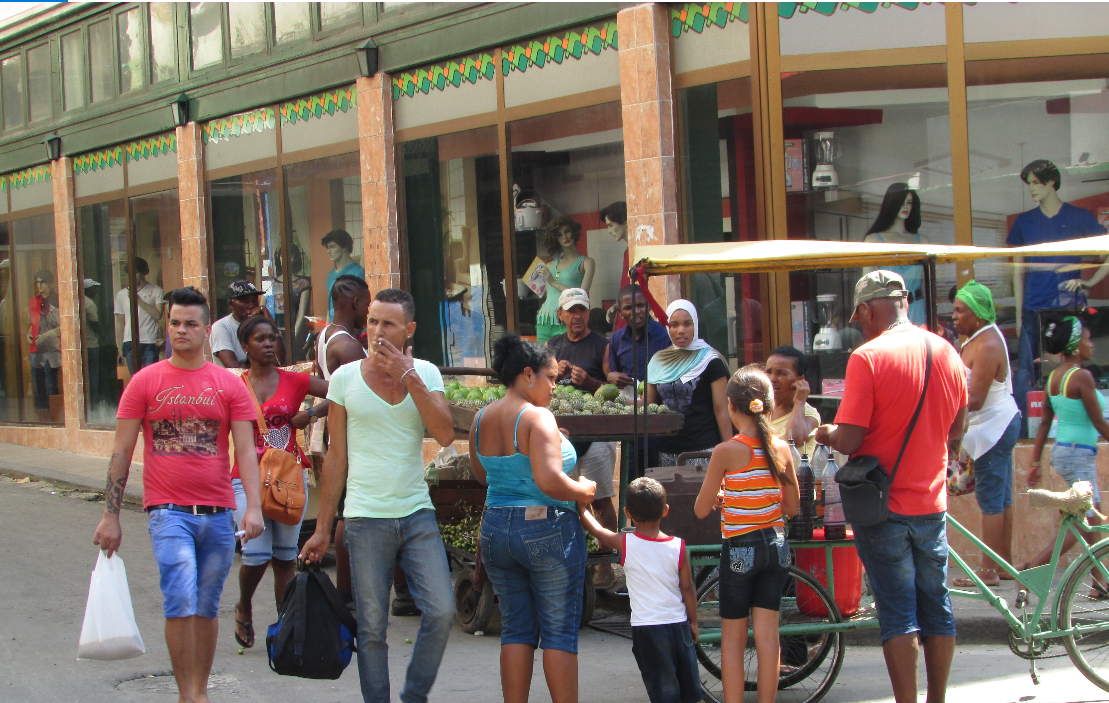Who guarantees human rights in Cuba? Statement on Human Rights Day
As the international community marks Human Rights Day, the International Institute on Race, Equality and Human Rights (Race and Equality) laments the human rights crisis that continues to afflictthe Cuban […]

As the international community marks Human Rights Day, the International Institute on Race, Equality and Human Rights (Race and Equality) laments the human rights crisis that continues to afflictthe Cuban people, particularly activists, human rights defenders and journalists. These independent actors suffer all manner of violence, harassment, repression and threats as a result of their efforts to defend and promote human rights.
Although Cuba has committed to protect and promote human rights by signing multiple international treaties, the government constantly attacks activists, rights defenders, artists and journalists, impeding their efforts to share the truth about life in Cuba and promote change. As Race and Equality has documented, Cuba’s Criminal Code contains numerous flaws and loopholes that allow the government to criminalize rights defenders and violate their freedoms of expression, association and the press, among others.
The situation of political prisoners in Cuba is also highly concerning. These prisoners suffer from deprivation of liberty as a result of their activism, legal proceedings without due process, and serious mistreatment while imprisoned. In particular, Race and Equality calls the international community’s attention to the case of José Daniel Ferrer, a leader of the Unión Patriótica de Cuba-UNPACU (Patriotic Union of Cuba) who has been imprisoned for over three months on false charges and who, according to testimonies in independent media, has been abused in prison.
We also wish to raise an alarm about the rise in harassment, arbitrary detentions, threats, police raids and de facto house arrestsof activists. According to the most recent report by the Cuban Human Rights Observatory, 218 arbitrary detentions took place in November alone, along with what the Observatory classified as “a defamation campaign by the government, meant to attackdissidents.” This repression falls particularly heavily upon female activists and journalists, who in recent months have reported constant abuse by Cuban police. Afro-Cuban activist Nancy Alfaya, journalist Luz Escobar and the Damas de Blanco (Ladies in White) are only the highest-profile examples of violence and repression against women who challenge the status quo.
The Cuban government also uses the policy of “regulation” against activists, violating their right to freedom of circulation. The state uses travel restrictions known as “regulations” to forbid activists or journalists from leaving Cuba, especially when they seek to participate in international fora where they could expose human rights violations. These restrictions violate not only activists’ right to pursue human rights work, but also the rights of all people to free circulation, expression and opinion.
The tactic of de facto house arrests, in which police loiter near an activist’s home and forbid him or her from going outside, is also on the rise. This tactic prevents rights defenders from organizing or attending meetings and protests, silencing their voices and tamping down civil society. It has also violated the basic rights of victims by keeping them trapped inside for days at a time, preventing them from seeing doctors and completing other vital functions. In order to prevent independent action on Human Rights Day, Cuban State Security has warned several activists of severe consequences if they leave home today, without any explanation. One activist reported simply being told not to leave home “until further notice.”
This pattern of accelerating rights violations is especially severe for activists who oppose the politics or philosophy of the current government and who publicly denounce rights violations and other social issues in Cuba. These dissidents are targeted for violence by State Security forces, putting their lives and personal integrity in danger.
On Human Rights Day, Race and Equality insists that the Cuban State end its criminalization of human rights promotion and its repression of differing views. The State, as the guarantor of human rights, must act to prevent all forms of violence facing dissidents and rights defenders in Cuba. We also remind the Cuban government of its international commitments to recognize, respect, and promote human rights for all its people, without distinction or discrimination.
Race and Equality will continue to monitor the situation in Cuba, denounce rights violations, and promote human rights for all. We commit to ensuring that the work of activists and rights defenders is protected from repression and threats.

